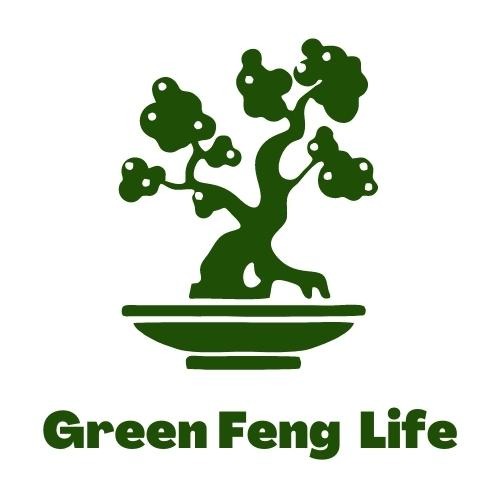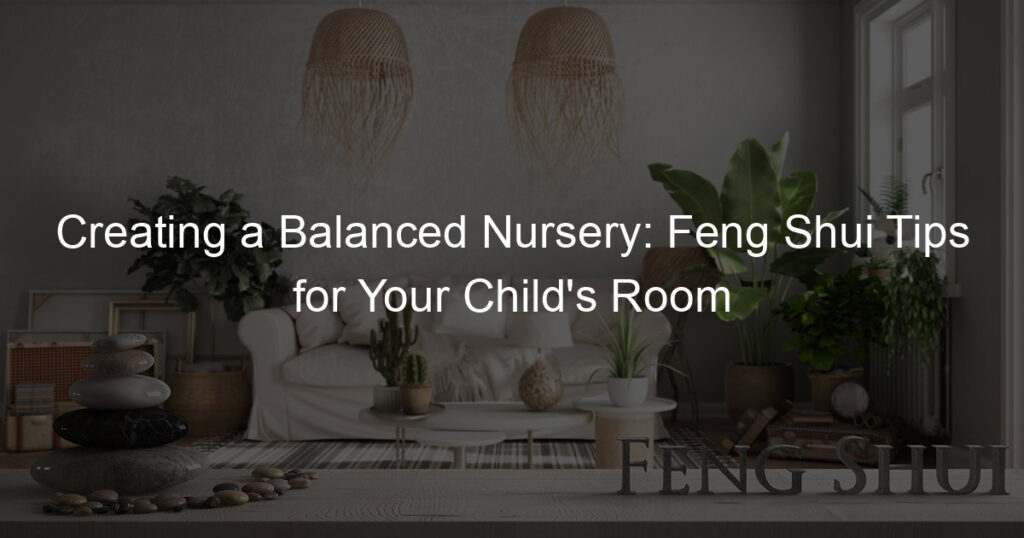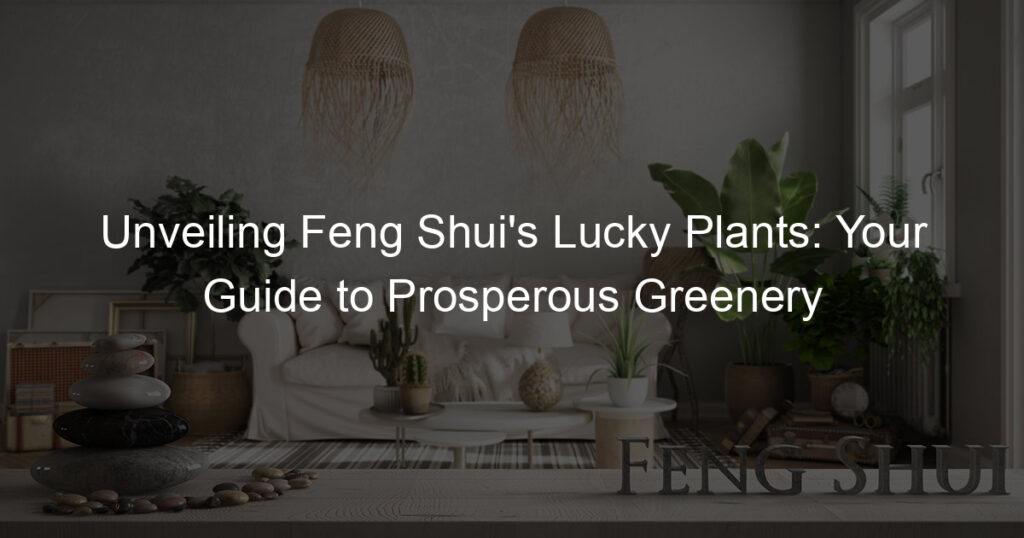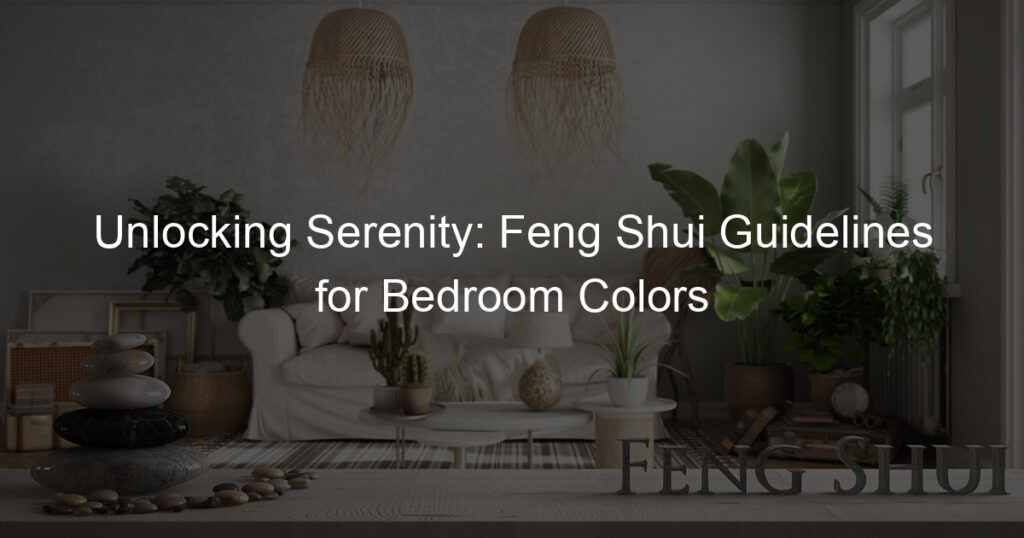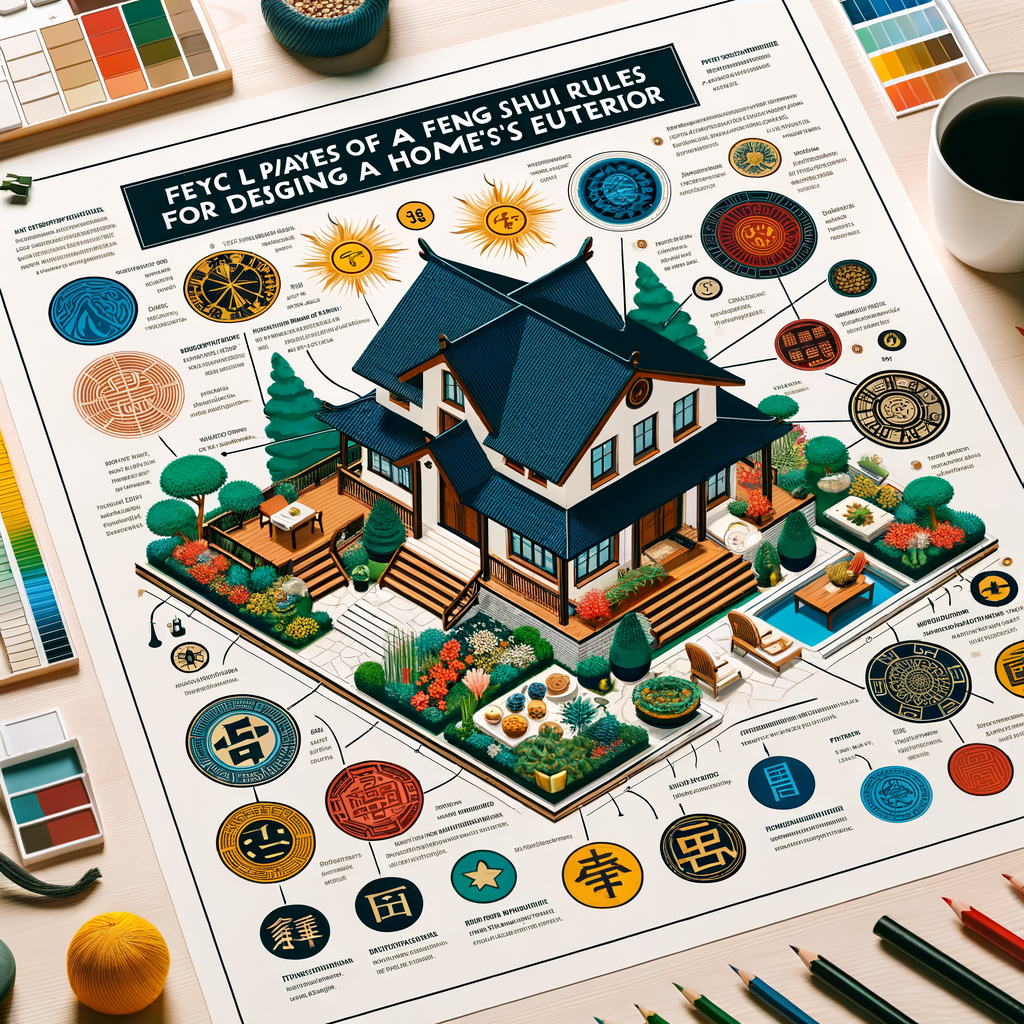
Introduction to Feng Shui for Home Exterior
Welcome to the fascinating world of Feng Shui! This ancient Chinese practice has been used for thousands of years to create harmony and balance in our surroundings. In this blog post, we will explore the concept of Feng Shui and its importance for the exterior of your home.
- Understanding the concept of Feng Shui
- Importance of Feng Shui for home exterior
Feng Shui, pronounced as ‘fung shway’, is an ancient Chinese art and science that was developed over 3,000 years ago. It is a complex body of knowledge that reveals how to balance the energies of any given space to assure the health and good fortune for people inhabiting it. The term Feng Shui translates as ‘Wind-Water’ in English. In essence, it is all about the flow and containment of life’s energy, known as ‘chi’ or ‘qi’.
The exterior of your home is just as important as the interior when it comes to Feng Shui. The outside of your home is what presents a first impression and it is also what nurtures and sustains the energy of your dwelling. A well-designed exterior can attract positive energy, which can bring good health, prosperity, and happiness to the inhabitants of the house.
For example, a clutter-free and well-lit entrance can invite positive energy into your home. Similarly, healthy and well-placed plants can contribute to a balanced and vibrant energy flow. On the other hand, a poorly maintained exterior can lead to a stagnant and negative energy flow, which can impact the well-being of the residents.
Now that we have a basic understanding of Feng Shui and its importance for home exterior, let’s dive deeper into the specific rules and principles that can help us apply this ancient wisdom to our modern homes. Stay tuned for the next section where we will discuss ‘Feng Shui Rules for Home Exterior’.
Feng Shui Rules for Home Exterior
Understanding the rules of Feng Shui for your home’s exterior can help you create a harmonious and balanced environment. Here are some general guidelines to consider.
General Feng Shui Guidelines for Home Exterior
When applying Feng Shui principles to your home’s exterior, there are several key areas to focus on. Let’s delve into these areas:
-
Importance of the Front Door in Feng Shui
The front door is considered the ‘mouth of chi’ in Feng Shui, meaning it’s the primary entry point for energy into your home. A well-positioned and inviting front door can attract positive energy. It’s important to keep your front door clean, well-lit, and free of obstructions. The color of the door should be in harmony with its direction. For instance, a north-facing door is best painted in shades of blue or black.
-
Role of Landscaping in Feng Shui
Landscaping plays a crucial role in Feng Shui. Trees, plants, and flowers can enhance the positive energy of a home. However, they should be well-maintained and healthy. Overgrown or dead plants can generate negative energy. The placement of plants is also important. For example, thorny plants should not be placed near the front door as they can repel positive energy.
-
Significance of Water Elements in Feng Shui Exterior Design
Water elements like fountains, ponds, or pools can attract wealth if placed correctly. According to Feng Shui, water should flow towards the house to symbolize wealth flowing in. However, water elements should be kept clean and well-maintained to ensure they attract positive energy.
By following these general Feng Shui guidelines for your home’s exterior, you can create a welcoming and positive environment that promotes wellbeing and prosperity.
Feng Shui Do’s and Don’ts for Home Exterior
When it comes to Feng Shui, the exterior of your home is just as important as the interior. Here are some essential do’s and don’ts to help you harmonize your home with its surroundings and enhance its energy flow.
- Do maintain a clean and clutter-free exterior
Keeping your home’s exterior clean and free of clutter is the first step towards good Feng Shui. A cluttered exterior can block the flow of positive energy. Regularly clean your yard, trim overgrown plants, and dispose of any rubbish. This not only improves the appearance of your home but also allows positive energy to flow freely.
- Don’t block the front door with large objects
The front door is considered the mouth of Chi (energy) in Feng Shui. Blocking it with large objects can prevent positive energy from entering your home. Ensure that the path to your front door is clear and inviting to welcome good energy into your home.
- Do use colors that are harmonious with the surrounding environment
Colors play a significant role in Feng Shui. They can either enhance or disrupt the energy of your home. Choose colors for your home’s exterior that are harmonious with the surrounding environment. For instance, if your home is surrounded by nature, earthy tones like green or brown can help it blend in and create a sense of harmony.
- Don’t neglect the backyard in your Feng Shui design
Your backyard is an extension of your home and should not be neglected in your Feng Shui design. A well-maintained and balanced backyard can contribute to the overall positive energy of your home. Incorporate elements like water features or plants to enhance its Feng Shui.
By following these simple Feng Shui do’s and don’ts, you can create a home exterior that not only looks good but also promotes a positive and harmonious energy flow.
Applying Feng Shui Principles to Specific Areas of Home Exterior
In this section, we will focus on how to apply Feng Shui principles to the exterior of your home, specifically the front yard. The front yard plays a crucial role in Feng Shui as it is the first point of contact for energy entering your home. Let’s explore how to create a welcoming entrance and design a harmonious front yard using Feng Shui.
Feng Shui for Front Yard
The front yard is a vital area in Feng Shui as it represents the ‘mouth of Chi’ or energy. It’s the first place that welcomes energy into your home. Therefore, it’s important to make it inviting and harmonious. Here are some tips on how to do that:
- Creating a welcoming entrance with Feng Shui
- Using Feng Shui to design a harmonious front yard
Creating a welcoming entrance is the first step in attracting positive energy. Make sure your front door is clean, well-lit, and free from clutter. Use colors that are inviting and match the exterior of your home. A good Feng Shui tip is to place plants on either side of the door to create a pathway for the energy to flow into your home.
Designing a harmonious front yard involves more than just aesthetics. It’s about creating a balance of the five elements: wood, fire, earth, metal, and water. Incorporate these elements in your front yard through plants (wood), lighting (fire), rocks (earth), metal sculptures (metal), and a small fountain (water). This balance of elements promotes harmony and attracts positive energy.
Applying these Feng Shui principles to your front yard can transform it into a space that not only looks good but also feels good. Remember, the goal of Feng Shui is to create a harmonious environment that promotes well-being and prosperity. So, start with these tips and see the difference it makes to your home and life.
Feng Shui for Backyard
When it comes to Feng Shui, the backyard is a space that holds significant importance. It’s not just an area for relaxation and entertainment, but it also plays a crucial role in maintaining the balance of energy in your home. In this section, we will discuss the importance of the backyard in Feng Shui and how you can apply Feng Shui principles to your backyard design.
- Importance of backyard in Feng Shui
- Applying Feng Shui principles to backyard design
- Balance the Five Elements: Feng Shui revolves around the five elements – Wood, Fire, Earth, Metal, and Water. Ensure your backyard has a balance of these elements to promote positive energy.
- Clear Clutter: Clutter can block the flow of Chi. Keep your backyard clean and organized to allow positive energy to flow freely.
- Use Curved Lines: Feng Shui prefers curves over straight lines. Consider incorporating curved pathways or circular seating areas in your backyard design.
- Include a Water Feature: Water features like fountains or ponds can attract wealth and prosperity. Ensure the water is clean and flowing towards your home to symbolize wealth flowing into your life.
The backyard in Feng Shui is considered the ‘Yin’ to the front yard’s ‘Yang’. It represents the private, quiet, and restful aspects of life. A well-maintained backyard can bring positive energy (Chi) into your home, promoting health, wealth, and happiness. It’s a space that should be filled with life and vibrancy, reflecting the beauty of nature.
| Key Elements | Significance in Feng Shui |
|---|---|
| Water Feature | Symbolizes wealth and prosperity |
| Plants | Represents growth and vitality |
| Seating Area | Encourages relaxation and contemplation |
Applying Feng Shui principles to your backyard design can help create a harmonious and balanced environment. Here are some tips:
Remember, the goal of Feng Shui is to create a harmonious environment that promotes wellbeing and prosperity. By applying these principles to your backyard design, you can create a space that not only looks beautiful but also brings positive energy into your home.
Feng Shui for Garden
Creating a garden that promotes positive energy flow can be achieved by understanding the principles of Feng Shui. This ancient Chinese practice emphasizes the importance of harmony and balance in our surroundings. Let’s explore the role of plants in Feng Shui and how you can arrange your garden according to these principles.
- Role of Plants in Feng Shui
- How to Arrange Your Garden According to Feng Shui
- Wood: Represented by plants and trees. Choose plants that are healthy and vibrant. Avoid placing large trees too close to the house as they can block positive energy.
- Fire: This can be represented by outdoor lighting or a fire pit. The fire element brings warmth and energy.
- Earth: This is represented by rocks and landscape sculptures. They provide stability and support.
- Metal: Metal garden furniture or sculptures can represent this element. Metal brings strength and resilience.
- Water: A small fountain or pond can represent the water element. Water is associated with wealth and prosperity.
Plants play a significant role in Feng Shui as they are believed to attract positive energy, promote good health, and bring prosperity. Different types of plants have different meanings in Feng Shui. For instance, the Bamboo plant is considered a symbol of good luck, while the Jade plant is believed to attract wealth.
It’s not just about having plants, but also about their health and placement. Healthy, vibrant plants are said to enhance positive energy, while dying or dead plants can create negative energy. Therefore, it’s essential to take good care of your plants and place them in appropriate areas of your garden.
Arranging your garden according to Feng Shui involves understanding the five elements – Wood, Fire, Earth, Metal, and Water – and incorporating them into your garden design. Here are some tips:
Remember, the goal is to create a balanced and harmonious environment. Therefore, no single element should dominate your garden.
Case Studies: Successful Application of Feng Shui to Home Exteriors
Let’s delve into some real-life examples of how Feng Shui principles have been successfully applied to home exteriors. These case studies will provide a clearer understanding of how you can incorporate Feng Shui into your own home design.
-
Case Study 1: A Modern Home with Feng Shui Design
In a bustling city neighborhood, a modern home stands out, not just for its sleek design, but also for its harmonious energy. The homeowners, a young couple, sought to incorporate Feng Shui principles into their home’s exterior design.
The house was designed with a clear, unobstructed path leading to the front door, a key Feng Shui principle. The door itself was painted in a vibrant red color, symbolizing luck and prosperity. The exterior also featured a balanced mix of the five Feng Shui elements: wood, fire, earth, metal, and water. For instance, a wooden deck, a small fire pit, an earthy color scheme, metal outdoor furniture, and a water feature were all part of the design.
The result? The couple reported a noticeable improvement in their home’s energy and their own well-being. They felt more relaxed, peaceful, and in harmony with their surroundings.
-
Case Study 2: A Traditional Home Following Feng Shui Principles
Our second case study takes us to a traditional home in a quiet suburban neighborhood. The homeowners, a retired couple, wanted to enhance their home’s energy using Feng Shui.
The house was oriented to face the most auspicious direction according to the couple’s Kua numbers, a personal Feng Shui number. The front yard was landscaped with curvy paths and rounded plants, which promote positive energy flow. The backyard was designed with a balance of yin (shaded areas, soft plants) and yang (sunny areas, hard surfaces) elements.
The couple reported that their home felt more peaceful and balanced after implementing these changes. They also noticed an improvement in their relationships and overall happiness.
These case studies demonstrate the power of Feng Shui when applied to home exteriors. Whether you live in a modern or traditional home, Feng Shui principles can help enhance your home’s energy and your own well-being.
Conclusion: Enhancing Your Home’s Energy with Feng Shui
As we reach the end of our exploration into Feng Shui for the home exterior, let’s take a moment to revisit the key points and understand the benefits of this ancient practice.
- Recap of Feng Shui do’s and don’ts for home exterior
- Benefits of applying Feng Shui to home exterior
Throughout this article, we’ve discussed several Feng Shui principles that can transform your home’s energy. Remember, it’s important to have a clear, unobstructed path to your front door, which should be in good condition and welcoming. The use of colors, shapes, and elements should be balanced and harmonious, reflecting the energy you want to invite into your home.
Avoid having any sharp corners pointing towards your home, as this is considered to bring negative energy. Similarly, having a bathroom or kitchen in the front of the house is seen as flushing away good luck. Keep these points in mind as you apply Feng Shui to your home exterior.
Applying Feng Shui principles to your home exterior can bring numerous benefits. It can help attract positive energy, improve your health and well-being, and create a peaceful and harmonious living environment. Feng Shui can also enhance your home’s curb appeal, potentially increasing its value.
Remember, the goal of Feng Shui is to balance the energies in your surroundings. When done correctly, it can create a sense of peace and tranquility, making your home a more enjoyable place to live.
In conclusion, Feng Shui is not just about arranging furniture or decorating your home. It’s a comprehensive approach to creating a harmonious living environment that promotes well-being and prosperity. By applying the principles we’ve discussed, you can enhance your home’s energy and enjoy the many benefits of Feng Shui.
